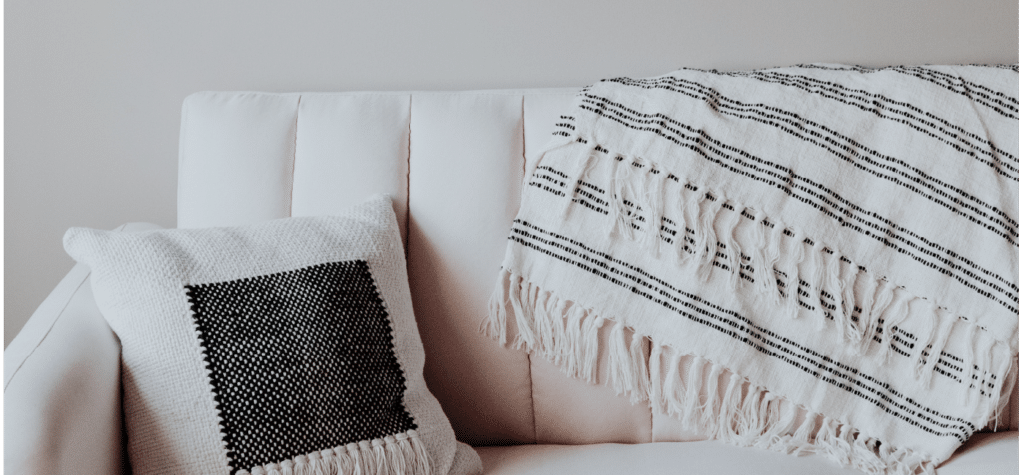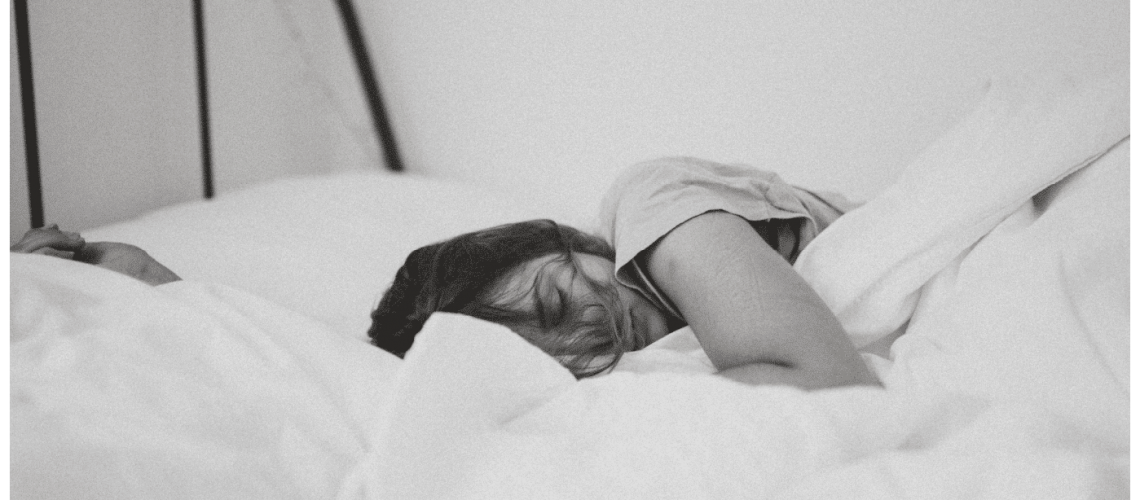The modern age has brought about numerous improvements to virtually every part of life. Cooking, cleaning, working, researching, and more – all have benefited from inventions and improvements that have vastly accelerated the pace at which tasks can be accomplished. With all of that, you might think that we’d have an easier time sleeping. Alas, reality is far different. It seems that it’s far more common for people to get less sleep than they need, whether due to sleep disorders, mental stress, or some other reason. If that sounds familiar, the good news is there are things you can do to rest easy at night.
Create a Routine
Humans are creatures of habit. We tend to do best when there is an established routine for doing things. Having a routine means we know what to expect, what’s coming next, and, with little effort or thought on our part, we can prepare for it. Routines can be a powerful tool in the formation of habits. As soon as we develop routines, especially ones tied to sleep, our body has the muscle memory and the subconscious understanding that it’s time to shut down for the day. All of that makes having a routine essential for anyone who’s trying to improve the quality of their sleep. Having a predetermined routine that is consistently followed trains your brain over time to recognize when it’s time to sleep, which should make getting there easier.
Ditch the Electronics
How many times have you sat in bed scrolling through social media or watching shows into the wee hours of the morning? Have you ever thought that, the hour of the day aside, you might be sabotaging your sleep by doing that? As it turns out, devices like cell phones, laptops, tablets, and computers emit what is commonly referred to as blue light. This light tends to delay or reduce melatonin production, which is the hormone responsible for feelings of sleepiness. It also can reduce the amount of time spent in slow-wave and REM sleep. This is especially problematic when you consider that these two stages are when cognitive restoration tends to occur. To reduce the influence of blue light on your sleep schedule, turn your device to night leading up to bedtime and STOP using devices in bed. You can train your brain to expect anything, so stop advertising that hoping in bed means it’s movie-time and start deciding it’s bedtime.

Relax
It’s tough to sleep when your mind is racing and when you’re stressed out. If you have trouble sleeping because you’re having trouble quieting your mind, taking some time to relax and unwind may be just what you need. Get your thoughts out by journaling, or talking out loud. You may find that once your thoughts are on paper it’s easier to let go of them when it’s time to sleep. Beyond that, some relaxing pre-bed yoga or meditation may help you calm down and enter a mental state that’s more conducive to relaxation and sleep.
There are a bunch of tools you can use to boost your meditation or relaxation experience. Try diffusing Citrus Dreams, Copaiba, or Lullaby to jumpstart your relaxation and help you get to sleep sooner.
Spa Day – Spa treatments can be wonderfully relaxing. You can book an appointment at your favorite spa center or massage parlor. Alternatively, you can always treat yourself to an at-home spa day to indulge in a relaxing experience while saving some money. Create your own face and hair masks, give yourself a mani-pedi, soak in the tub with some bath salts, or take turns giving and receiving a massage with your loved ones. Check out our DIY Spa Recipes for some ideas.
Essential oils can be an amazing way to boost your at-home relaxation. Choose relaxing oils and blends to elevate your experience. Diffuse them, apply them topically with a carrier oil, add them to your spa products, or just breathe them from straight the bottle to experience their effects.
Rethink Your Sleeping Environment
We’ve discussed you and what you’re doing, but what about where you sleep? Sometimes the problem isn’t with you, but with your sleeping environment. Anything from your mattress to the temperature of the room can be enough to keep you from a night of blissfully restful sleep. If there was ever a time when you should cater to every sense you can, this would be it. A healthy sleep environment is dark, quiet, and cool. Most people tend to do best when the room is between 60-71 degrees Fahrenheit. The air should be clean, which is easiest to achieve when the room receives proper ventilation and is kept clean. Of course, then there’s the matter of your bed. The mattress should be comfortable, providing ample support for your body. The right pillow should keep your neck aligned with the rest of your spine, which will depend on your body and sleeping position. Bedding should be comfortable, both in terms of touch and temperature, and should be washed regularly.
Getting enough sleep is crucial to your health and wellbeing. If you find yourself struggling to fall asleep or get a good night’s rest, there are some things you can do on your own to make things better. It may take some time to find what works best for you. You may need to try the same thing repeatedly before being able to tell if it’s truly effective or not. Just remember to be patient with yourself. And keep checking back because we will be talking about Sleep all of September!

